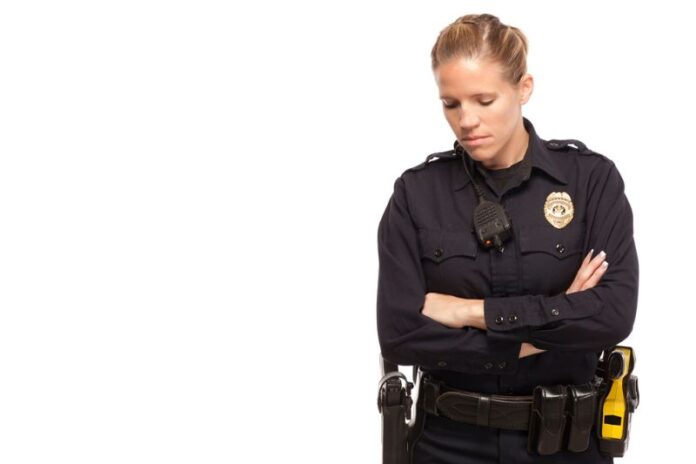The atrocities that law enforcement officers witness on a daily basis can have a profound impact on their mental health. Officers are witnesses to the worst of humanity; disturbing images of women beaten by their husbands, dead children and bodies mitigated beyond recognition. These officers endure trials that no person should ever have to face, yet they continue to leave their homes and families, not knowing if they will return home alive or even return as the same person their loved ones once knew. Therefore, we must prioritize and invest in mental health resources for law enforcement to ensure that the individuals responsible for protecting our lives daily are in a stable and healthy mental state.
Tyre Nichols was beaten, battered and murdered by five law enforcement officers who took an oath to protect their community. Their job was to safeguard the citizens, not to take their lives. I have no sympathy for them, and neither should you — they killed a person who was going about their daily business in cold blood. He could have been you. The question, therefore, is not only whether these officers, and others like them, who commit such atrocities should be held accountable and prosecuted to the fullest extent of the law but how we can further prevent such situations in the future.
Taking away the uniform, a police officer is no different from a civilian. The actual difference lies in their mental state. Police have witnessed things that no sane person would ever want to experience or voluntarily choose to see. And they must continue to go out daily, knowing they will likely encounter similar situations.
To prevent further indiscriminate violence by police officers, it is crucial that they are not only equipped with physical protection, such as body armor and firearms, but also with the necessary mental state to protect others. It is well known that individuals who commit acts of violence, such as school shootings or mass killings, are not mentally sound.
Unfortunately, the same applies to police officers who commit such heinous acts of violence. With the inordinate power they wield over civilians, we must hold them to a higher standard for their actions but treat their mental state like anyone else’s to ensure they don’t need to be held accountable for anything. This means ensuring they are in the right mind before being deployed in the field.
I am convinced that the officers who brutally attacked Tyre Nichols were mentally ill and unstable. It is incomprehensible that they would beat an innocent man to the brink of death simply because he did not comply with their commands. I have encountered many police officers who have faced situations of a fleeing suspect, and none of them felt compelled to act in the way that these officers in Memphis did.
This is not because they are necessarily better people but because they are mentally stronger, or at least haven’t experienced an event or a group of them that has made them mentally unequipped to wear a badge.
The actions of unstable police officers have put America at a crossroads. Will we create an environment where law enforcement is hindered and exposed to increased danger, both from a legal and physical standpoint, or will we provide them with the resources to continually uphold the standards of professionalism expected of those who serve and protect?
This incident should be viewed as a lesson, not a reckoning. While five officers committed unspeakable acts, there are millions of officers out there who would never do such a thing.
For those officers, it is crucial that they are provided with the appropriate tools to discharge their duties to the best of their ability. This includes ensuring that they have access to mental health professionals so that they can cope with and process even the most disturbing events they may witness, rather than allowing it to fester and cause them to harm — or even kill — innocent people.
Law enforcement are people like you and me. They have human emotions and experiences that they carry with them throughout their lives. Each situation they encounter is not something taken lightly; it exacts a heavy toll and adds a burden that impacts how they discharge their duties. However, they also carry immense power in their role, which must be exercised with caution to protect the rights and liberties of those they serve. What these Memphis officers have done is done, and now we must move forward to prevent these tragic situations from occurring in the future.
Investing in mental health resources for officers is how we start. Law enforcement is disrespected by being defunded and not supported, which is why so many have retired, and others refuse to consider the case altogether, leading to nationwide police shortages.
Officers need support, too, and a part of that is having healthy relationships with the communities they protect and serve. The job is demanding and taxing, and only some people are willing to accept a position where they may not return home to their loved ones.
We all benefit when we’re able to trust one another.































